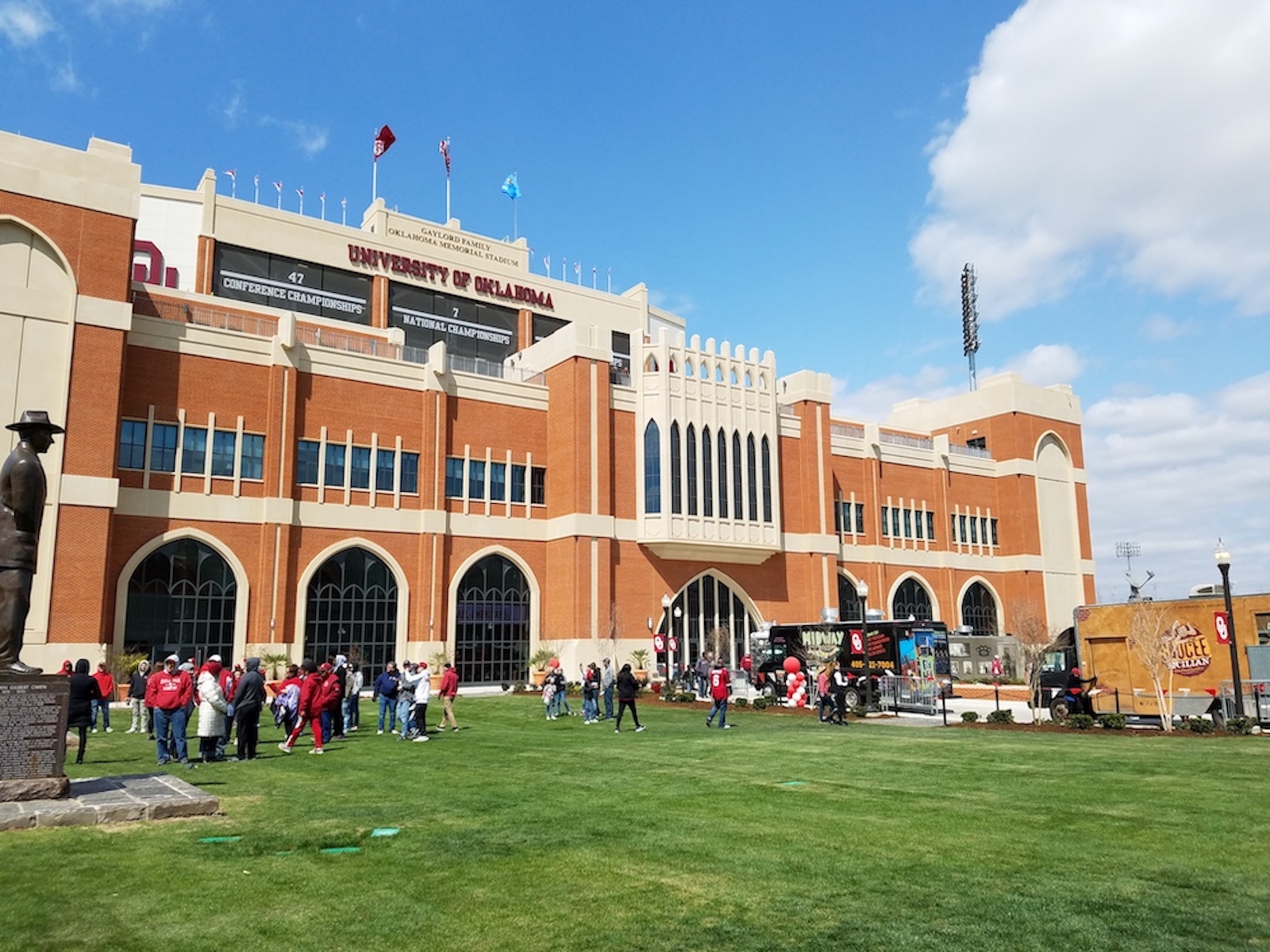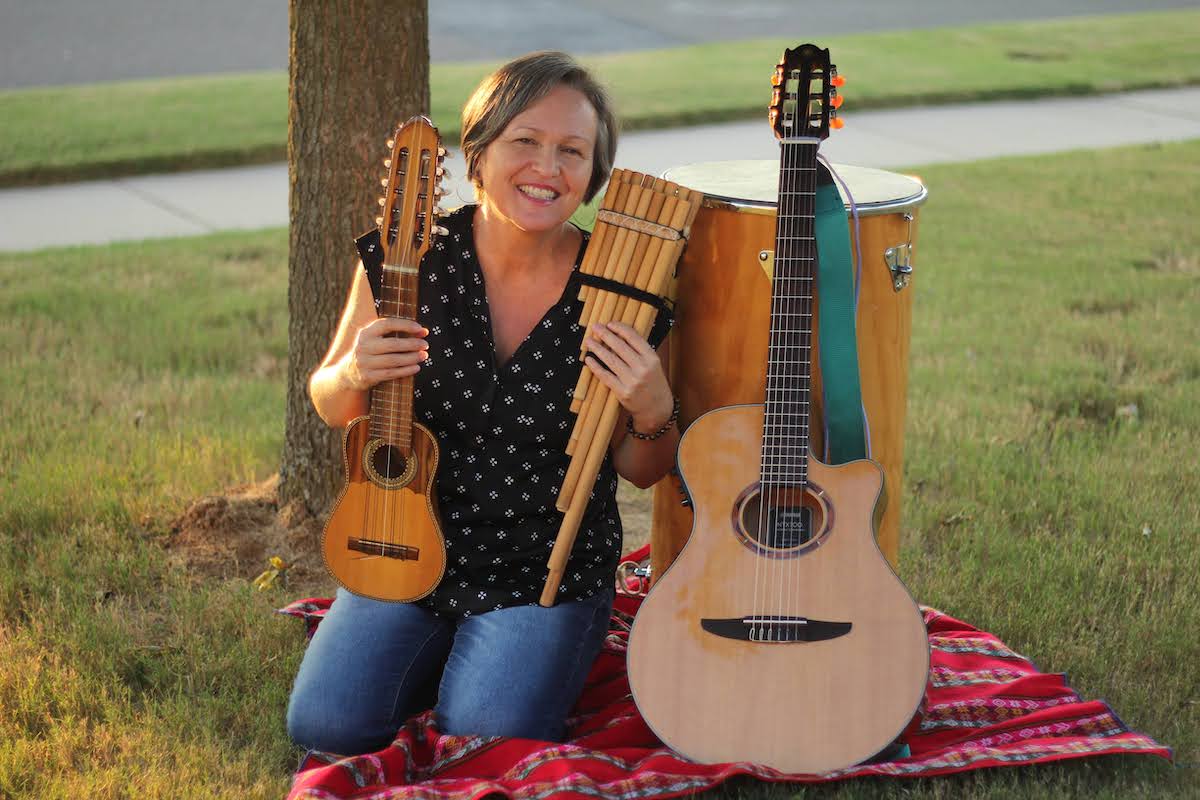My Beginning Spanish class would not be the same without music. When I arrive in class, I expect to be welcomed by an upbeat tune sung in Spanish. On Fridays, we learn dance moves from other countries and translate lyrics.
Christina Audas, my professor, eagerly shares her love of music with us. However, I did not realize how big of a role music played in her life until I sat down to ask her about it. She told me all about Bolivian music, instruments, and culture; her performance experiences; and the power music has to transcend borders.
With a Bolivian mother and an American father, Profesora Audas grew up with a wide variety of musical influences. She lived in Michigan for the first ten years of her life but was surrounded by Bolivian culture.
“We spent a lot of summers with our Bolivian family. We’d have Bolivian friends come over. I heard a lot of Bolivian music.”
Profesora Audas recounted fond memories of dinners with family and friends that turned into dance parties that lasted late into the night.
In addition to playing the guitar and singing, Profesora Audas plays several Bolivian instruments. The charango is a tiny ten-string guitar. She also plays a Bolivian flute called a siku.
“Such a Bolivian sound. A home feeling,” she said when describing the music.
Bolivian music is not the only kind she grew up with, though.
“We heard a lot of bluegrass,” she told me. “My father is from Kentucky. Pop music, R&B, classical. We really had a lot of variety of music at home.”
Profesora Audas has had many opportunities to share this music throughout her life.
“I’ve been performing since I was sixteen…at points professionally, at others semi-professionally. I performed a lot in California in the Bay area when I graduated. Everything from private parties to festivals to restaurants. We did it for the love of the music.”
She has also heard live music around the world. She lived in Guadalajara and Oaxaca, Mexico where she saw live music performed in Spanish. During her time living in Japan, she even got to see a weekend-long bluegrass festival of all Japanese musicians.
Now, in Oklahoma, she continues to perform. She is part of the Oklahoma Arts Council, where she plays with other musicians and does educational performances for libraries.
“We want them to understand the amazing diversity of Latin America,” she said as she told me about these outreach programs. “Music transcends borders.”
However, choosing a favorite type of music was too difficult a task.
“I really don’t have a favorite.”
One thing ties it all together, though.
“If it has soul in it, you can feel that,” she explained. “If you can just tell someone’s heart and soul is in it, that is everything.”
This “everything” that crosses all boundaries, languages, and cultures is exactly what Profesora Audas shares with her students.
Photo credit: Rocio Salvatierra

